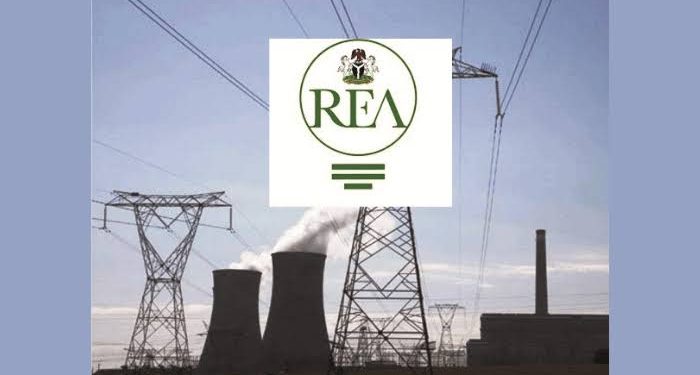The Rural Electrification Agency (REA) has secured a $1.6 billion funding pipeline to scale up off-grid renewable energy projects across Nigeria. This significant funding boost was unveiled on Tuesday, July 22, during a high-level roundtable in Abuja with the Governor of Ondo State.
Held under the theme “From Access to Impact: Unlocking Ondo’s Renewable Energy Potential for Economic Transformation and Socioeconomic Inclusion,” the event focused on fostering state-level collaboration to fast-track clean energy deployment.
The REA’s Managing Director said the agency attracted the funding through public-private partnerships, international climate finance, and multilateral institutions. He disclosed that \$200 million is expected from the Japan International Cooperation Agency (JICA), pending final agreements during the Nigerian Minister of Power’s forthcoming visit to Japan. The United States Department of Justice is also set to contribute $50 million in repatriated funds, recognizing the impact of REA’s ongoing infrastructure efforts.
In addition to international support, domestic budgetary allocation plays a key role. Out of the federal capital budget of ₦500 billion, ₦100 billion has been earmarked for the solar electrification of public institutions under a national programme, with Ondo State set to benefit significantly.
However, the REA emphasized that beyond capital, effective implementation and strong collaboration with subnational governments are essential. With technical capacity and a ready project pipeline, he called for active participation from state governments to translate funding into real-world impact.
He also underscored the importance of Renewable Energy Service Companies (RESCOs), which have already executed over $2 billion worth of energy projects across the country. These private players, he noted, are crucial for mobilizing funds, building infrastructure, and engaging communities.
Assessing Ondo State’s readiness, the REA commended the state’s strong policy framework, scoring it 4 out of 5 in terms of preparedness but pointed to the need for better local funding mechanisms. He reaffirmed the agency’s commitment to helping states align with national electrification goals and close the energy access gap. Currently, an estimated 119 million Nigerians remain without electricity, and 22 million households still lack connection to the grid.
A major highlight of the event was the signing of a Memorandum of Understanding (MoU) between the REA and Ondo State to accelerate rural electrification and clean energy projects. The Ondo State Governor described the agreement as a turning point, promising new investment opportunities and sustainable growth.
He cited the 2020 Ondo State Electric Power Sector Law as a foundation for reform and praised the state’s leadership in deploying mini-grid solutions. According to him, Ondo has launched more mini-grid projects than any other state in the country, thanks to strong policies and institutions like the state’s Electricity Regulatory Bureau and Rural Electrification Agency.
The governor also detailed current initiatives focused on electrifying critical sectors such as agriculture, education, and health in underserved communities across the state, including Golo, Nduru, Idowe, Oro, and Akoko. He called on REA and its partners to explore the establishment of a renewable energy manufacturing hub in the state, positioning Ondo as a center for clean energy innovation.
Smart meter deployment and integrated data systems are already in motion to ensure long-term monitoring and impact measurement of projects. The governor concluded by reaffirming the state’s commitment to job creation, local innovation, and inclusive development through this strategic energy partnership.










